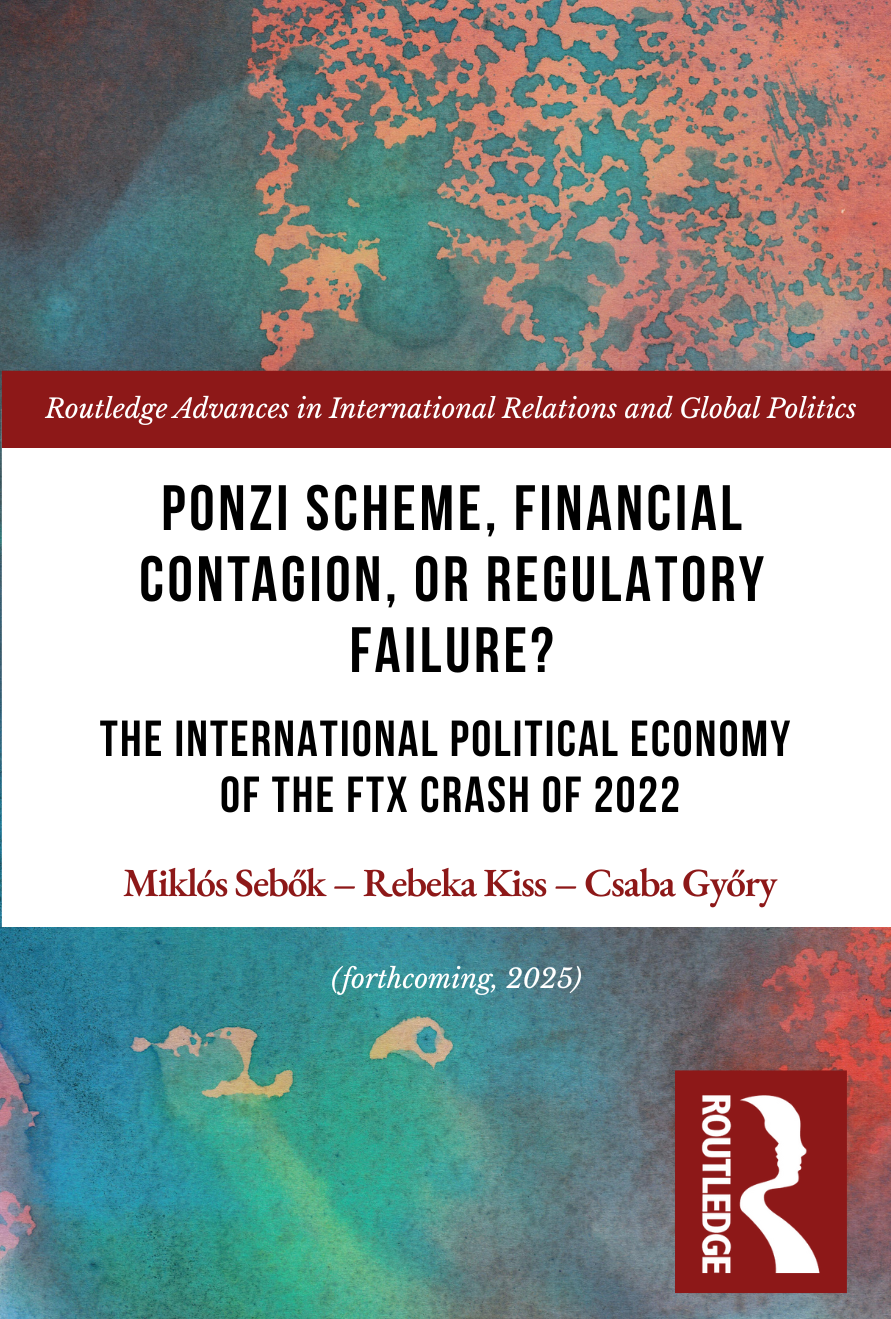

Miklós Sebők
Dr Miklós Sebők is a research professor of the HUN-REN Centre for Social Sciences and director of the poltextLAB artificial intelligence laboratory in Budapest. He earned an M.A. degree in politics at the University of Virginia and an M.A. degree in economics at the Corvinus University of Budapest. He received his Ph.D. in Political Science from ELTE University of Budapest.
He is the research director of the Hungarian Comparative Agendas Project, the research co-director of the Artificial Intelligence National Lab at CSS, and the principal investigator of the V-SHIFT Momentum research project (funded by the Hungarian Academy of Sciences). He also leads the "BABELGLOB" Excellence research project of the Hungarian National Research, Development and Innovation Office and serves as the executive director of the COMPTEXT conference.
His research interests include political economy and public policy. His work has appeared in, inter alia, Business and Politics, East European Politics, Europe-Asia Studies, European Journal of Political Research, European Political Science Review, Journal of Public Policy and Socio-Economic Review. His book chapters have been published by Oxford and Palgrave, and he is the co-editor of the edited volume Policy Agendas in Autocracy and Hybrid Regimes: The Case of Hungary.
In addition to his research, Miklós Sebők also engages in teaching. In 2024, he co-developed with Rebeka Kiss the "Generative Artificial Intelligence for Researchers" training programme and corresponding textbook, which underpins the articles published on this site.

Rebeka Kiss
Dr Rebeka Kiss is a junior research fellow at the poltextLAB artificial intelligence laboratory of the HUN-REN Centre for Social Sciences. She is currently a PhD student at the Doctoral School of Public Administration Sciences at Ludovika University of Public Service, also a law student at the Faculty of Law at Eötvös Loránd University (ELTE).
Her areas of expertise include legislative studies, as well as the regulatory, ethical, and social challenges of artificial intelligence and emerging technologies. She has participated in various research projects, such as the Hungarian Comparative Agendas Project, the V-SHIFT Momentum research project, and the OPTED – Observatory for Political Texts in European Democracies project.
Alongside her research activities, Rebeka Kiss is also involved in education. In 2024, she co-developed the "Generative Artificial Intelligence for Researchers" training programme and related textbook in collaboration with Miklós Sebők, which provide the professional foundation for the content published on this site.

Csaba Győry
Dr Csaba Győry is a research fellow at the Institute for Legal Studies of the HUN-REN Centre for Social Sciences and a senior lecturer at the Faculty of Law of Eötvös Loránd University (ELTE), Centre for Law and Society. He holds a PhD in law from the Albert Ludwigs University of Freiburg, and earned his JD from ELTE University.
His research interests include corporate and white-collar crime, financial regulation, comparative criminal law, and the theory and practice of the rule of law. He has held research and teaching positions at institutions across Europe, including the Max Planck Institute for Foreign and International Criminal Law in Freiburg, the His research interests include corporate and white-collar crime, financial regulation, comparative criminal law, and the theory and practice of the rule of law. He has held research and teaching positions at institutions across Europe, including the Max Planck Institute for Foreign and International Criminal Law in Freiburg, the Institute of Legal Studies of the Polish Academy of Sciences in Warsaw, as well as visiting professorships at the universities of Manchester, Porto and Elche.
Csaba Győry has been involved in several major research projects, such as The Legal Challenges of AI, Making Markets, Translating Markets, and The Responsiveness of the Hungarian Legal System. He has also contributed to interdisciplinary studies on the regulatory implications of emerging technologies, particularly in the fields of finance and criminal justice.

